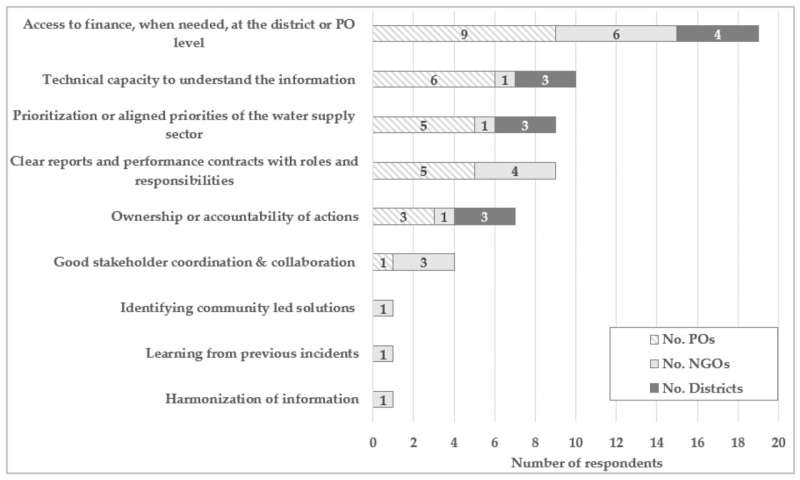This article has been reviewed according to Science X's editorial process and policies. Editors have highlighted the following attributes while ensuring the content's credibility:
fact-checked
trusted source
proofread
Awareness hinders the implementation of Water Safety Plans in vulnerable regions

Water Safety Plans (WSPs) could save countless lives by improving the quality of small drinking water supplies in Sub-Saharan Africa, finds a new study from the University of Surrey.
Developed and recommended by the World Health Organization (WHO), WSPs are a framework to help make sure that drinking water is safe for human consumption. WSPs involve a comprehensive assessment of the water supply system, from source to consumer, to identify potential hazards and risks that may affect the quality and safety of the water.
Using Rwanda as a case study, researchers found that WSPs are not widely used in small drinking supplies, typically found in vulnerable rural areas, because of a lack of awareness of the formal process, along with a lack of training and communication on how to use them.
The study follows news of the WHO redesignating the University of Surrey as a Collaborating Centre for the Protection of Water Quality and Human Health, for which Dr. Pond is the lead contact. Surrey is only one of two such centers in the United Kingdom and provides the WHO with strategic support to help implement its objectives—as well as develop and strengthen institutional capacity in countries and regions across the world.
Dr. Katherine Pond, co-author of the study from the University of Surrey, said, "The good news for Rwanda, a case study in our work, is that there are foundations in place to improve the safety of small drinking supplies across the country—legislation and policies are in place. However, communication and training on how to effectively implement WSPs are sorely needed for the region. Couple this with unreliable budgeting and the lack of prioritization for such safety processes, and the key challenges for improving small water supplies are clear. Simple actions could save lives."
The study has been published in the journal Processes.
More information: Jo Herschan et al, Progress of Using Risk Assessment to Manage Small Drinking-Water Supplies in Rwanda: A Preliminary Study, Processes (2023). DOI: 10.3390/pr11030748
Provided by University of Surrey




















